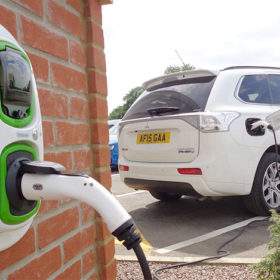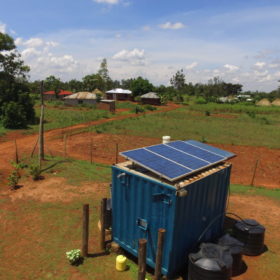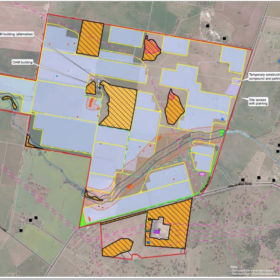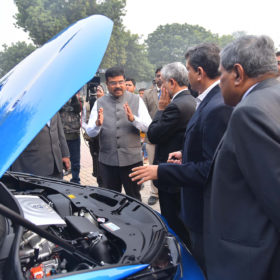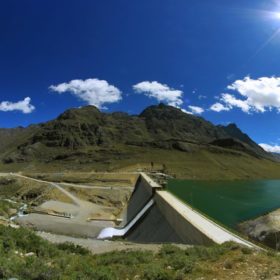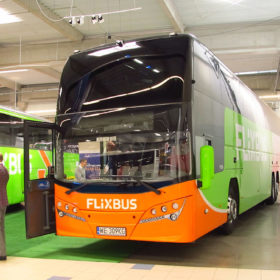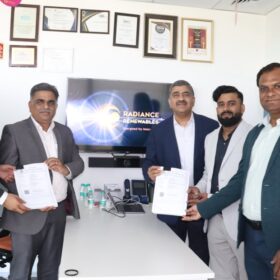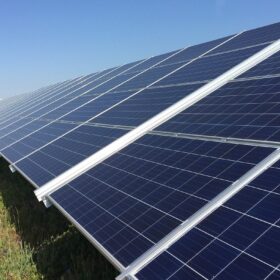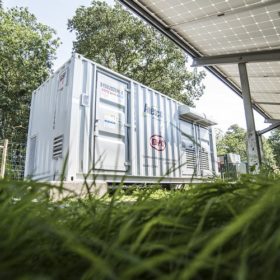Renewable energy MoU with Saudi Arabia gets cabinet nod
Project development and value chain localization are the focus areas for cooperation between the two countries.
UK University to help design EV batteries for Indian climate
The university researchers will provide expertise in the operation and management of lithium-ion batteries, environmental test facilities for battery modules and advanced battery analysis techniques.
Time has come for battery swapping
Battery swapping is the ultimate expression of a sharing economy in which assets are shared to facilitate business operations—says E-Chargeup Solutions, which recently launched a battery swapping station for e-rickshaws in Noida city of Uttar Pradesh.
The long read: South Korea’s burning issue
The string of fires that shook up South Korea’s booming energy storage market throughout 2018 brought development to a screeching halt this year. Throughout the lackluster first half of 2019, manufacturers, installers and analysts remained cautiously hopeful that a government investigation into the fires might plant the seed for late-year market growth. However, another outbreak of fires in the months since the conclusion of the probe has shaken industry morale once again, snuffing out any lingering hopes for a quick recovery.
India’s electric vehicle market will grow annually at 36% till 2026: IESA
Electric vehicle (EV) battery market will grow annually at 30%, growing almost six times to 28 GWh from 4.75 GWh in 2018. The EV infrastructure will grow at double the pace (60% annually), reaching 50,000 units from less than a thousand in 2018.
COP25: India calls for speedier expansion of International Solar Alliance
Launched in November 2015, the alliance aims to collectively address key challenges to the scaling up of solar energy in member countries that fall between Tropic of Cancer and Tropic of Capricorn. Out of 121 prospective member countries, over 83 have already joined it in a period of just four years.
Sterling & Wilson begins construction of 200 MW solar project in Australia
Two years after announcing its market entry, the India-based EPC heavyweight has commenced construction of its first Australian project.
Petroleum minister calls for making hydrogen fuel cell technology affordable
Hydrogen can be produced from various sources including biomass, renewables and LNG and possesses high energy density and long-time storage—said the minister, who recently took the test drive of a hydrogen fuel cell based car manufactured by Toyota Kirloskar.
Coupling pumped hydro with renewables and other storage technologies
The combination of pumped hydro with other storage technologies can increase renewables penetration, improve operational safety and reduce maintenance costs at large-scale hydropower plants, according to new research. The study also focuses on techniques to determine the optimal size of renewables-based pumped hydro storage systems. Costs for hybrid solar-pumped hydro projects currently range from $0.098/kWh to $1.36/kWh.
FAME India so far
The government has supported 425 electric buses on pilot basis since the launch of FAME India [Faster Adoption and Manufacturing of (Hybrid &) Electric Vehicles in India] scheme that—in its second phase—aims to support (through incentives) about 7000 e-buses over a period of three years commencing from April 1, 2019.

